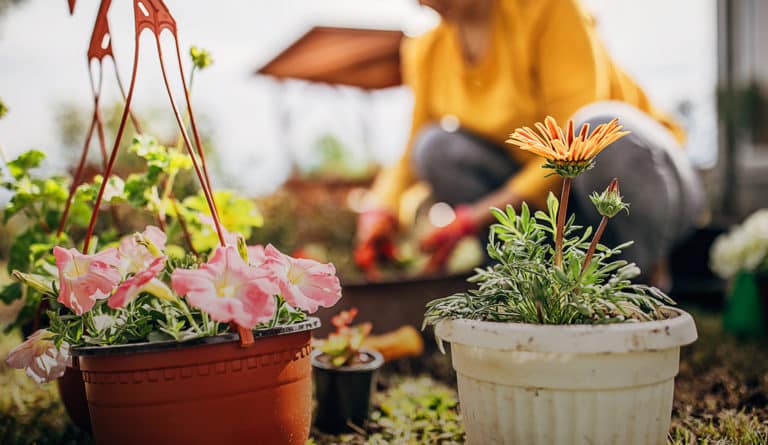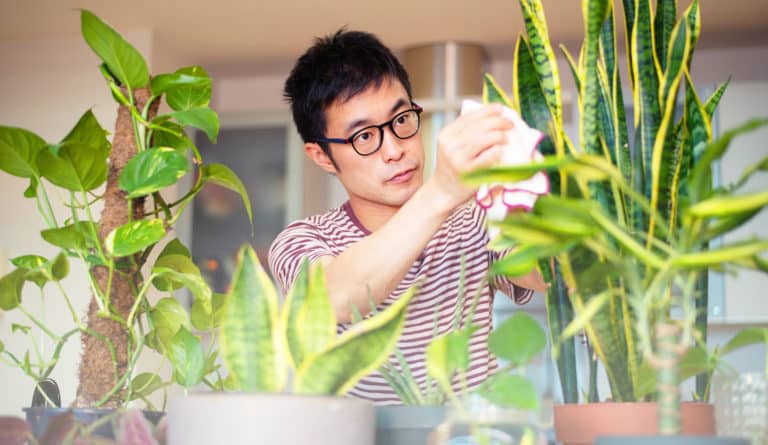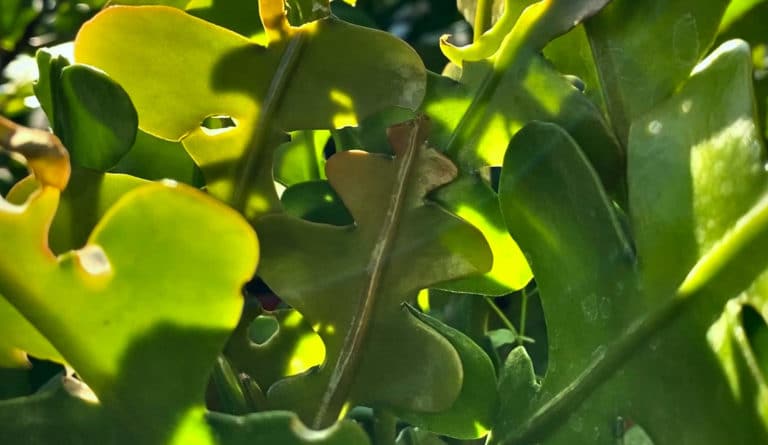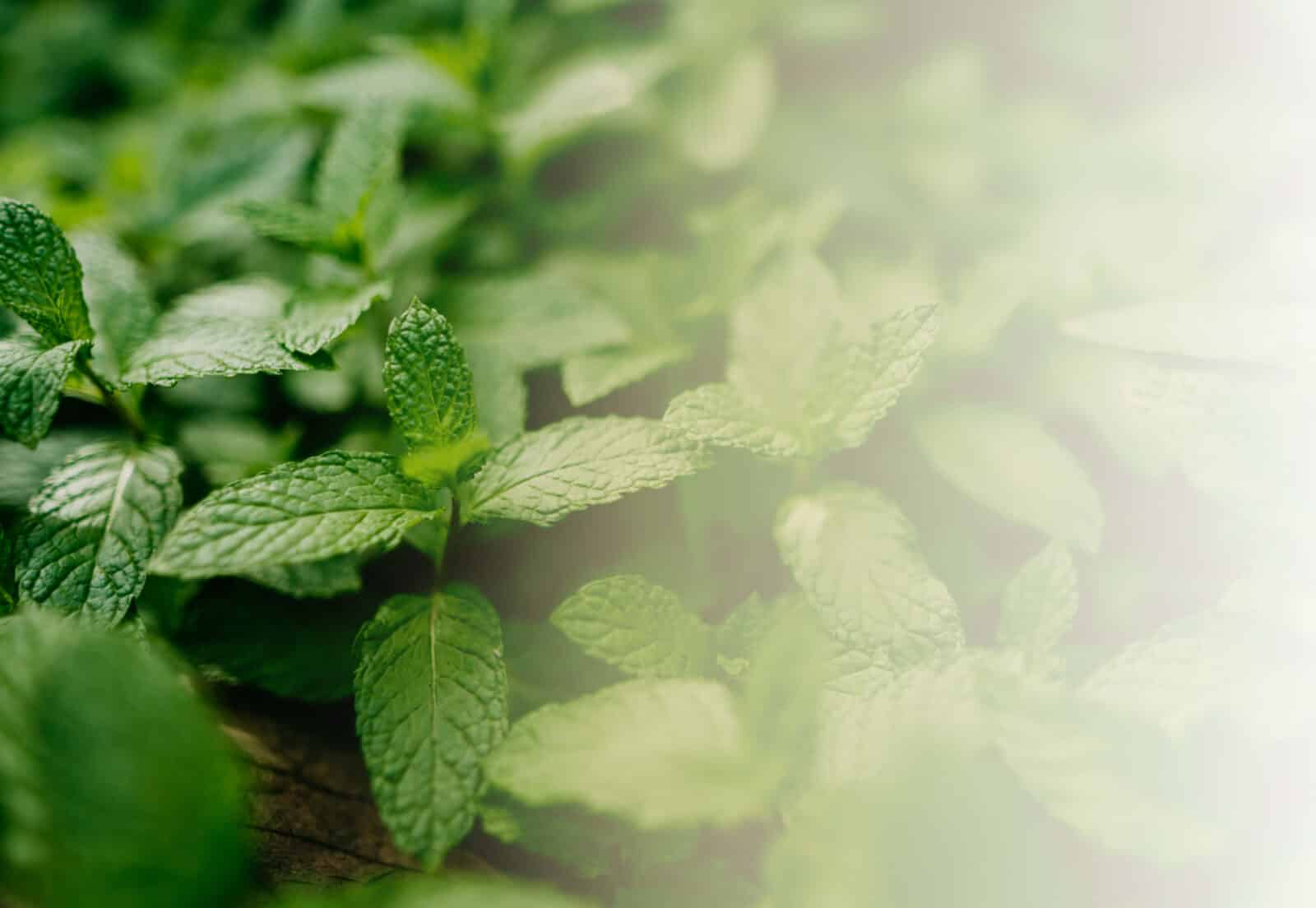
mint
aka mentha
Mint is an easy, fast-growing herb that is used in drink and food recipes. It is a perennial herb that grows little white and purple flowers. There are over 30 different variations of mint, but the most commonly grown is spearmint and peppermint.
variations
Apple/Pineapple Mint, Corsican Mint, Pennyroyal, Peppermint, Citrus Mint, Spearmint
light
full sun
If the soil is nice and moist, full sun is okay. Mint can also thrive in partial shade.
water + feeding
thirsty
Should be watered at least twice a week.
toxic
no
This plant is safe for animals to nibble on.
size
small to medium
Mint can grow to between 1 – 2 feet tall.
pro tip
An effective remedy for headaches
If you are prone to tension headaches, you can make a compress out of mint leaves for your forehead or rub peppermint oil on your temples.
fun fact
Ancient origins
Mint was used in ancient Greece, Rome, and Egypt
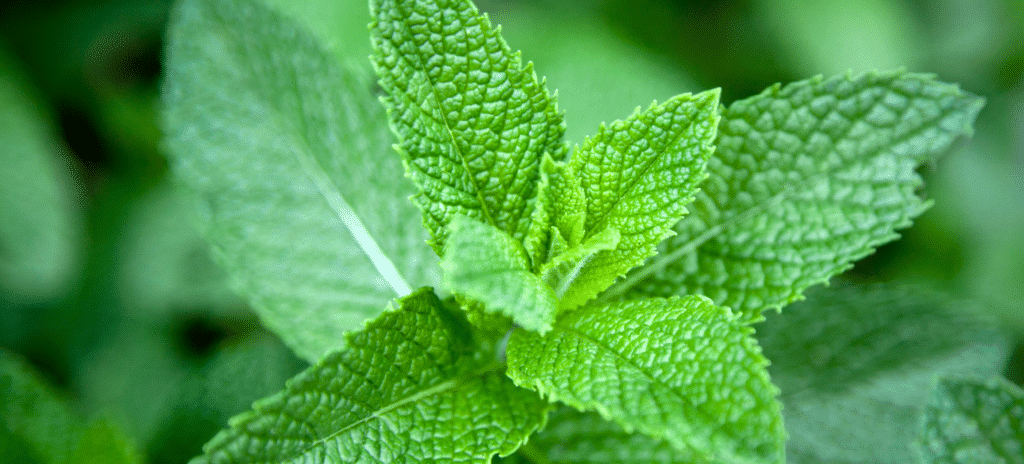
beyond the basics
-
soil + potting
Mint does not need to be fussed over which makes it perfect for first-time gardeners. When planting your mint consider using a well-draining soil that can help with moisture control, like Miracle-Gro® All Purpose Garden Soil. This soil helps to prevent from over- and under-watering your mint plant.
-
companion planting:
Luckily, mint is an easy herb to find companion plants for. You can take your pick of popular home garden veggies such as: carrots, cabbage, kale, tomatoes, bell peppers, beans and even zucchini.
-
harvesting
Frequent harvesting is important to keeping your mint flourishing. Young leaves have more flavour than older leaves. With this in mind, you can start harvesting your mint as soon as it comes up this spring.
-
pest control
If you see your mint plant drooping, there might be a pest problem. Common pests you might see with mint plants are aphids, mealy bugs, spider mites, or flea beetles. If you are seeing curling leaves or holes in your leaves, these are tell-tale signs of pests. Don’t worry, there is an easy fix. You can use a gentle insecticide like Ortho® Bug B Gon® ECO Insecticidal Soap Ready-To-Use to safely and quickly get rid of those little nuisances.
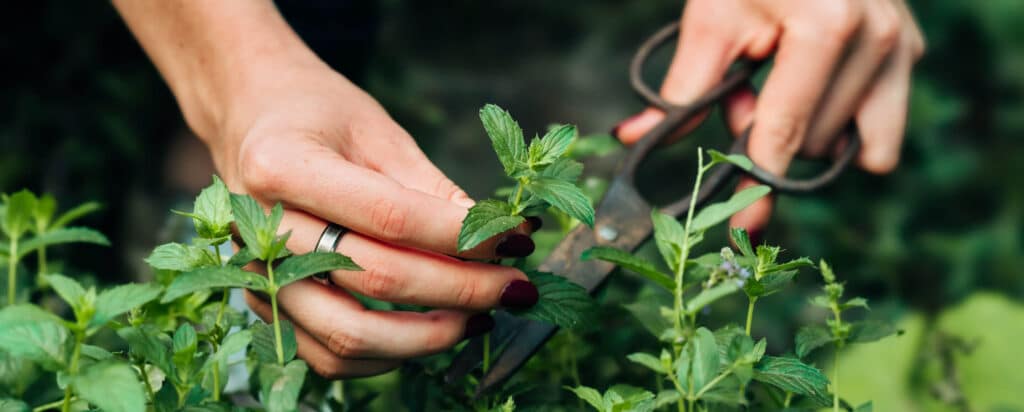
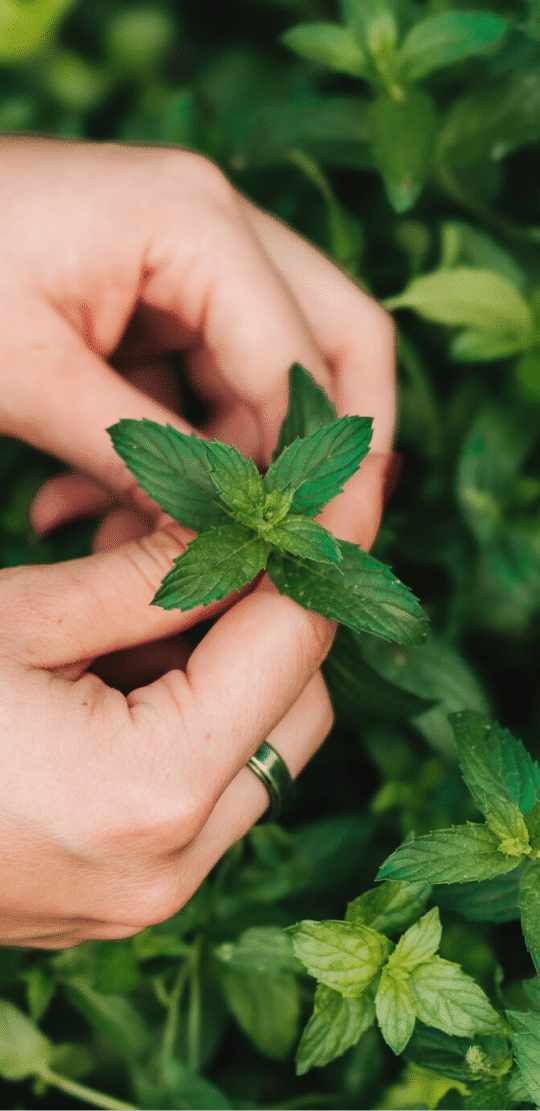
troubleshooting
-
What do I do with my mint once I harvest it?
You’ve got options.
Once you pick a few sprigs from your mint plant, you can keep them in water for a few days. It is best to use your mint while it is fresh, about 3-5 days. If you are looking to dry your mint leaves, cut them right before flowering and let the leave air dry. Once dry, store the dried mint in an air-tight container.
Or you can just pick the leaves from your mint plant as you need them.
-
Why is my mint looking leggy?
More sunlight. Most of the time, if your mint plant is looking thin and leggy it is lacking sunlight or water or nutrients. The best way to prevent mint from getting leggy is to make sure it is growing in a warm spot that gets lots of light. Keep it in a big pot with well-draining and nutrient rich soil.
-
Why is my mint turning crispy and brown?
Under-watering. This is easy to fix. Try watering your mint on a schedule, aiming for once or twice a week. Be sure to water under the leaves and close to the soil so you don’t damage the leaves.
-
How do I know if my mint is healthy?
Healthy, ready to use mint is a deep, rich green. If your mint is yellow and falling, it is likely due to its growing conditions. Keep your mint plant in full or partial sun, with a well-draining potting mix like Miracle-Gro® All Purpose Garden Soil. Make sure you water your mint whenever the top of the soil is dry, usually about twice a week.

